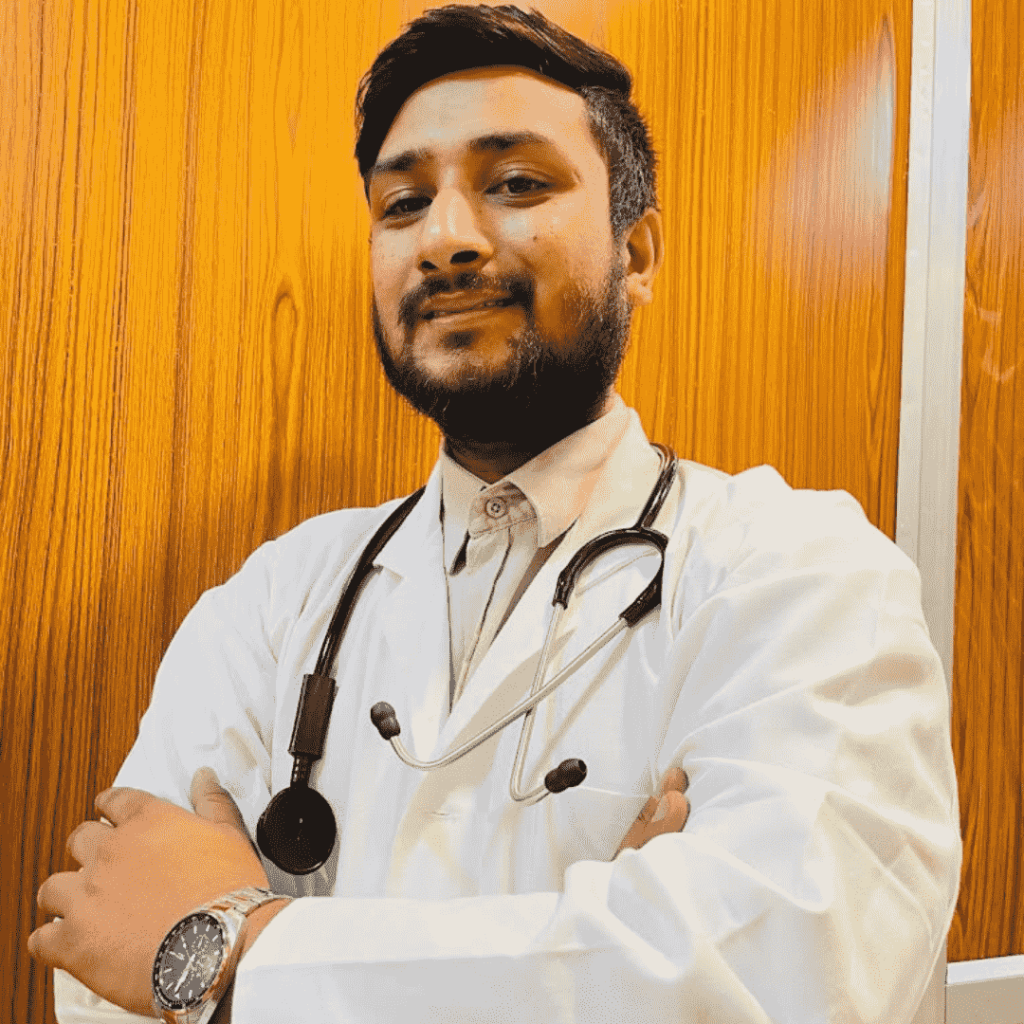Depression is more than just feeling down or having a rough day. It's a serious mental health condition that affects millions of people around the world — children, adolescents, and adults alike. At its core, depression brings persistent feelings of sadness, emptiness, or an inability to enjoy life. These emotions may arise suddenly or build up over time, often without any obvious reason.
When left untreated, depression can deeply impact daily life — straining relationships, disrupting work, and even affecting physical health. In more severe cases, it can lead to thoughts of self-harm or suicide. That’s why understanding depression and seeking timely depression treatment is essential.
What is Depression?
Depression is a mood disorder that causes ongoing sadness, low energy, and a general lack of interest in life. It differs from the emotional ups and downs we all experience. While life events like the loss of a loved one or a job can trigger depression, clinical depression goes beyond temporary emotional responses. The feelings are intense, long-lasting, and often disproportionate to life circumstances.
The most common form is Major Depressive Disorder (MDD), which involves symptoms lasting at least two weeks. Depression can be chronic, with episodes that may last for months or even years, and it often returns if not managed effectively.
Is Depression Curable?
Although there is no one-size-fits-all cure for depression, the good news is that depression treatment is highly effective. Early intervention can lead to better outcomes, and many people experience full recovery. For others, it may be a long-term condition requiring ongoing care and support.
A combination of therapy, lifestyle changes, and medication often yields the best results. Staying consistent with treatment — even after symptoms improve — is critical to preventing relapse.
Types of Depression
There are several forms of depression, including:
Major Depressive Disorder (MDD): Persistent sadness and loss of interest.
Persistent Depressive Disorder (Dysthymia): Milder but long-lasting symptoms.
Postpartum Depression: Intense sadness following childbirth.
Seasonal Affective Disorder (SAD): Depression linked to seasonal changes, typically in winter.
Each type may require a different approach to depression treatment, so proper diagnosis is important.
Signs and Symptoms of Depression
Common symptoms include:
Ongoing sadness or low mood
Loss of interest in activities once enjoyed
Fatigue or low energy
Sleep disturbances (too much or too little)
Appetite or weight changes
Feelings of guilt or worthlessness
Trouble concentrating
Thoughts of death or suicide
If someone experiences five or more of these symptoms for at least two weeks, professional help should be sought immediately.
Why Depression Affects People Differently
Depression doesn’t look the same in everyone. For example:
Women may experience more emotional symptoms and are more likely to seek help.
Men might show irritability or engage in risky behaviors.
Children can display depression through clinginess, tantrums, or changes in school performance.
Cultural, social, and genetic factors also influence how depression presents and how individuals respond to depression treatment.
What Causes Depression?
There’s no single cause. Depression may result from a mix of:
Genetic predisposition
Brain chemistry imbalances
Traumatic experiences or ongoing stress
Medical conditions (like chronic pain or hormonal issues)
Lack of social support
Understanding your personal triggers can make depression treatment more effective.
Effective Depression Treatment Options
Depression is manageable. Here are the most common and effective forms of depression treatment:
Psychotherapy: Talk therapies like Cognitive Behavioral Therapy (CBT) help you recognize and change negative thought patterns.
Medication: Antidepressants such as SSRIs and SNRIs can help correct chemical imbalances in the brain.
Lifestyle Adjustments: Regular exercise, a balanced diet, and proper sleep improve mood and energy.
Brain Stimulation Therapies: For severe cases, treatments like Transcranial Magnetic Stimulation (TMS) or Electroconvulsive Therapy (ECT) can help.
Natural Remedies: Herbal supplements like St. John’s Wort or practices like yoga and mindfulness may support mild cases (consult your doctor first).
Supporting a Loved One with Depression
If someone you care about is struggling with depression, encourage them to seek professional help. Listen without judgment, offer practical support, and be patient. Your encouragement could make all the difference in their recovery journey.
Take the First Step Toward Healing
Living with depression can feel overwhelming, but you don’t have to face it alone. With the right depression treatment, recovery is possible. If you or someone you know is struggling, reach out to a mental health professional and start the journey to better emotional health today.
Remember: asking for help is a sign of strength, not weakness.
.png)
